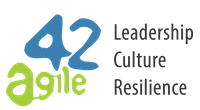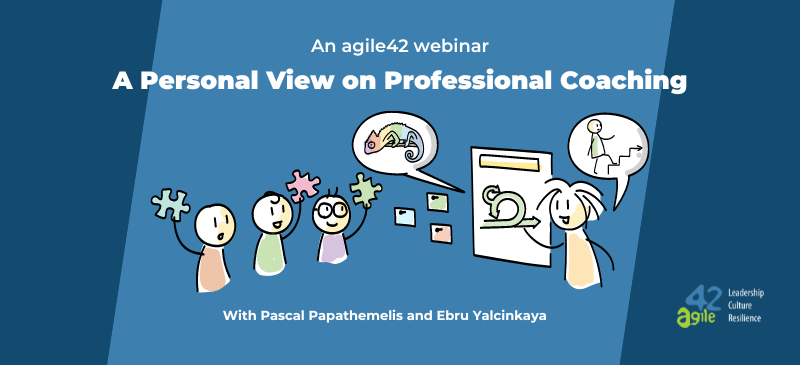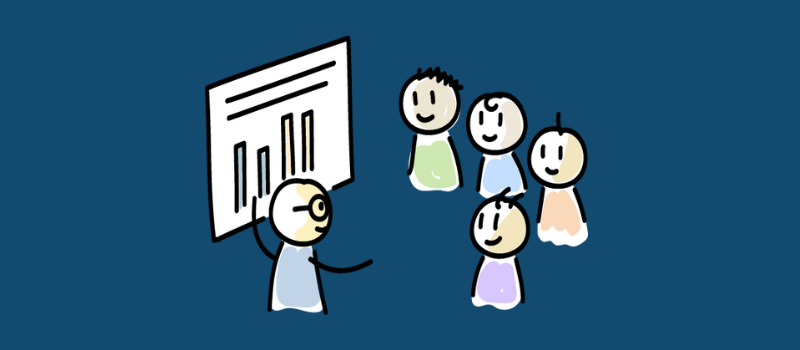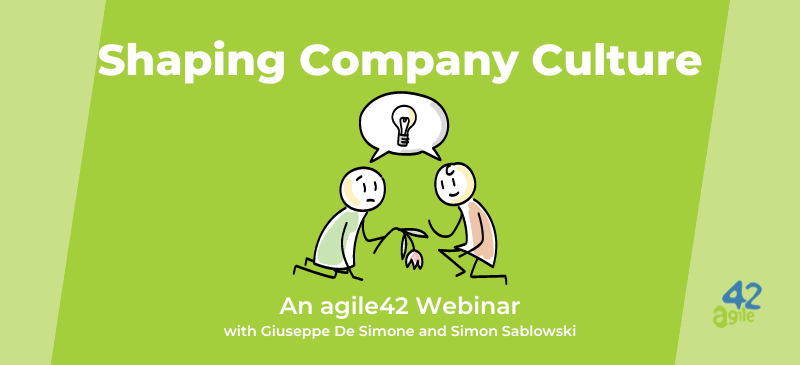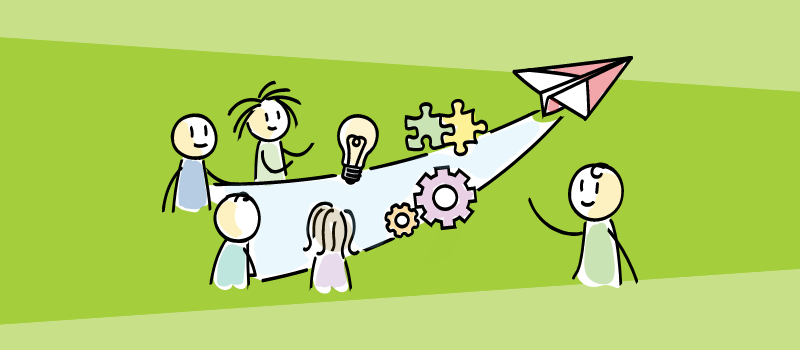The History of Scrum
Today, Scrum has become one of the most widely adopted Agile frameworks. It enables teams and organizations to deliver value iteratively and incrementally, adapt to changing requirements and foster collaboration and self-organization. The influence of Scrum extends far beyond software development, shaping the way teams approach complex work across various industries. But how did everything begin and what were the main landmarks along the way? Here is a brief summary of the history of Scrum.
